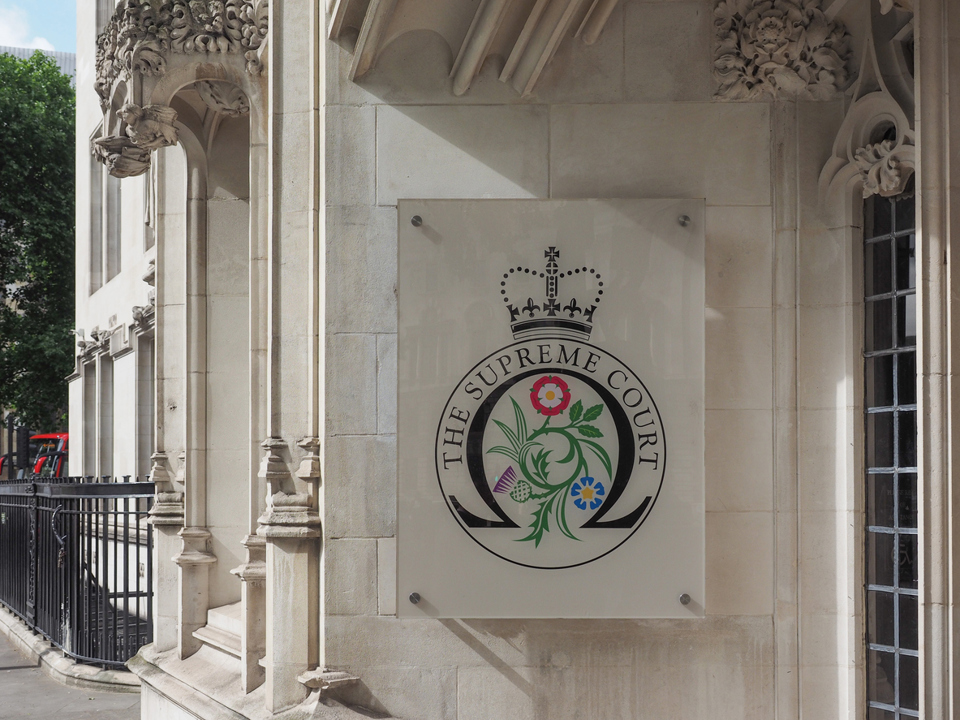The Supreme Court is about to give its judgement on car loans commission cases which have threatened to re-write the historic relationships and responsibilities between motor finance houses, brokers and dealerships, and the car buyer signing up for finance.
After hearing the appeals of Johnson v FirstRand Bank (trading as MotoNovo), Wrench v FirstRand Bank and Hopcraft v Close Brothers in April, the Supreme Court justices said they hoped to provide the judgement during July.
The court, which begins its summer recess on August 1, has now announced it will deliver its judgement late that afternoon.
A ruling against the lenders, upholding the Court of Appeal's findings in Johnson v FirstRand Bank (trading as MotoNovo), Wrench v FirstRand Bank and Hopcraft v Close Brothers from last October, could open the door to significant compensation claims and reshape financial regulations across various consumer credit products.
The case revolves around whether car loan providers and their dealership intermediaries should disclose not only the existence but also the exact amount of commission they receive from lenders before securing written consent.
The Court of Appeal’s decision to treat the relationship between dealers and customers as a fiduciary ‘best level of care’ one was unexpected and triggered a wave of uncertainty in the industry.
Prior to this ruling, the Financial Conduct Authority (FCA) had set out clear regulations in its rulebook that while the existence and nature of commission had to be disclosed to consumers, the regulator did not require the explicit disclosure of the commission amounts unless the customer specifically requested them.
However, the Court of Appeal determined that the duty of care in car finance transactions is akin to that of a fiduciary relationship, demanding not only the disclosure of the commission’s existence but also its amount.
The Supreme Court's decision, as the UK's ultimate court of appeal, is so significant that the cases have attracted the interest of the UK Government.
Earlier this year Chancellor of the Exchequer Rachel Reeves made an unsuccessful application to intervene in the case, having warned against "windfall" payouts that could cripple financial institutions and in the long term could lessen the competition in the market.
"There is nothing pro-consumer about making it harder for people to buy an affordable car for their family. That would be bad for working families," Reeves said in January at the World Economic Forum in Davos, Switzerland.
Claims management companies have already been marketing to consumers that they could be due payouts from the motor finance industry. One, Slater and Gordon, recently claimed that more than 23 million people believe they could deserve compensation.
The FCA, which was already looking into historic discetionary commission arrangements (DCA), is considering setting up a formal redress scheme once the Supreme Court delivers the final ruling on the issue.
The FCA has reiterated to the public that, if it does develop a car loans commission redress scheme, they do not need to use law firms or claims management companies which will cost them a percentage of any compensation they receive. Claimants would be able to undertake the process themselves easily, and keep all compensation they receive.























Login to comment
Comments
No comments have been made yet.